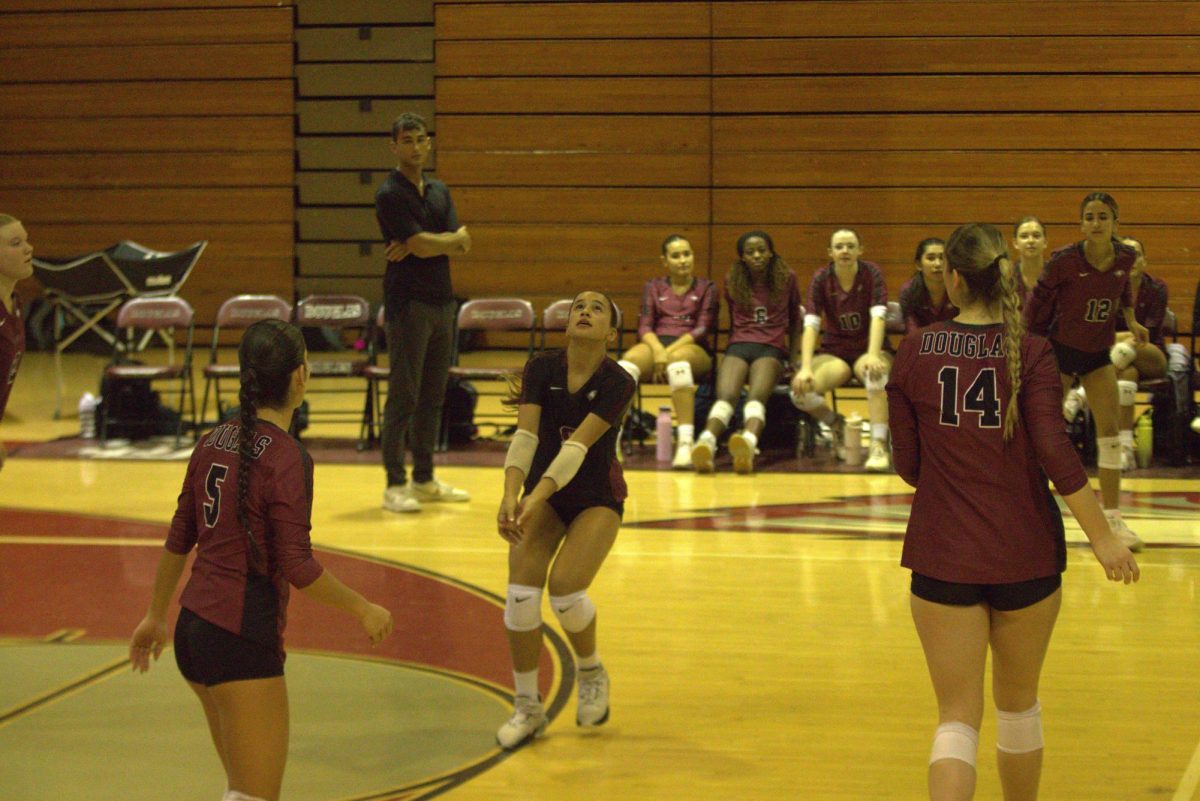Teachers manage student cheating in virtual school
April 27, 2020

Due to the global COVID-19 pandemic, school life has not been the same with the complete transition from physical school to virtual school. Some classes are conducted via webcam and physical assignments have to be scanned and uploaded through sites like Canvas.
The biggest challenge of moving to online school, however, has been having to conduct tests and quizzes virtually. The open-ended nature of online school and the lack of in-person teaching have made the possibility of cheating much easier.
Since tests are now done through Canvas, rather than in class and on paper, teachers are unable to monitor their students as well as they could in school. Students can easily share answers with each other or look up information that appears on the test. Additionally, since most tests are available to take for multiple hours, students have a much larger window of time to cheat.
However, Canvas does have an important countermeasure to cheating. It notifies teachers when students open another browser tab during an assessment, as well as how long they were on said tab.
The way teachers deal with this problem is through one of two ways: either emulating physical testing and doing whatever they can to make it harder to cheat, or realizing that they have little influence in the situation and relying on the integrity of their students. Some teachers have even included the Broward County Public Schools student honor code with their tests.
Some of the ways that teachers are minimizing cheating on assessments are by timing them, randomizing questions or using a question bank and conducting them on Zoom with webcams or screen-sharing.
“The quizzes are timed. I make the kids join me in a live session; if they can’t make the live session, they schedule an office hours [appointment] with me, and then I give the code at that time,” English teacher Holly Van Tassel-Schuster said. “I am doing multiple different quizzes so they can’t share class-to-class, and I’ve been asking them to be live with me so I’m literally watching as they take the quiz.”
While some teachers have been actively attempting to dispel cheating, others have realized that the concept of online testing is still vastly different from regular testing, and the options it gives students will never not allow cheating.
“The short answer is I cannot control or prevent cheating. I don’t think school board policy would support a requirement for a student to test while on video,” math teacher Jeffrey Taylor said. “Also, our administration has directed us to be flexible with the scheduling of assessments which provides the students with a flexible window during which they complete their assessment. Even if it were allowed, there is simply not enough time in a day for me to sit in front of my computer and moderate every student during every test.”
Regardless of what each teacher may decide to do, the switch to online school, and therefore online testing itself, has vastly changed the landscape of the school environment and allowed for new methods of cheating.










Hugo • Dec 15, 2020 at 2:33 pm
I cheat on quizzes sometimes. In all classes. They never have said anything to me. Either they don’t care or this is fake.
Sally Diangca • Oct 28, 2020 at 6:12 pm
The reality “You student live by cheating.” Not all students but mostly. Whatever the strategies of a teacher monitoring students couldn’t cheat, will just add teacher”s STRESS condition. The best thing a teacher could help the student’s behavior is to be good, flexible enough and give advise for their future success in life.
Jason • Dec 19, 2020 at 6:19 pm
what?